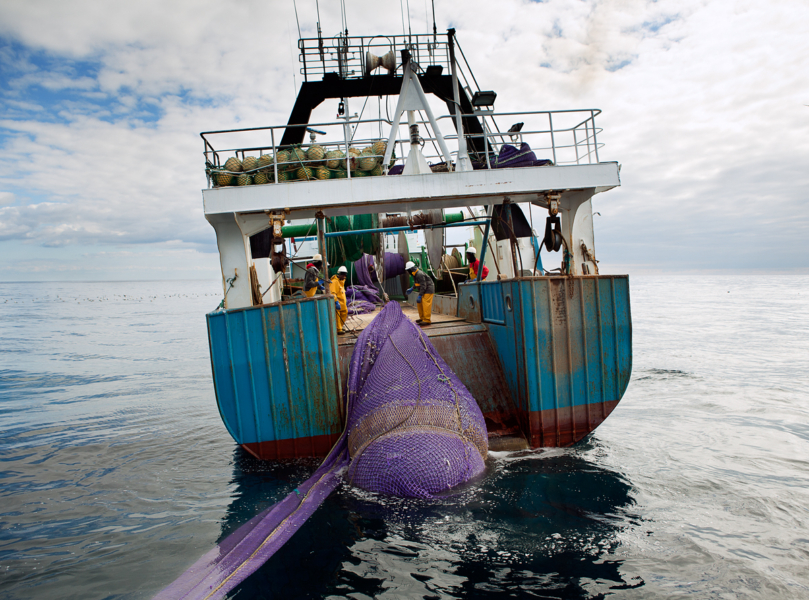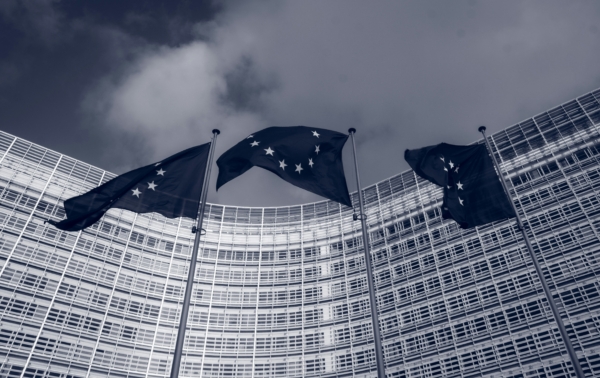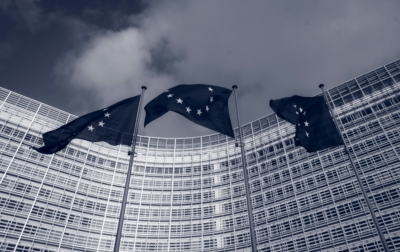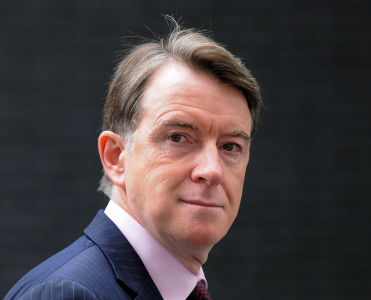This publication explores the link between continued overfishing of EU waters and the lack of transparency in the Council. It argues that greater transparency in the Council’s decision-making process could help to end overfishing, to the benefit of all EU citizens.
This report closely examines the state of transparency and accountability of the Council around the annual negotiations on fishing quotas in the Fisheries Council (AGRIFISH). It looks at the appetite of European Union (EU) Member States for reform and suggests best practices for transparent decision-making.
The results of this study confirm that the Council is lagging a long way behind other EU institutions in terms of transparency. The report presents the results of a questionnaire among Member States on their positions to increase the transparency of AGRIFISH negotiations in particular and the Council more generally. Only a small number of Member States have come out in favour of ambitious reform. At the same time, the replies point to a number of best-practice examples and promising ideas for practical next steps. Among other things, the potential role of national parliaments to increase transparency and democratic accountability has been emphasised. A number of governments already provide written information to their parliament in the run-up to all meetings. These ‘annotated agendas’ provide an overview of the topics to be discussed and, in some cases, reveal the negotiating position of other Member States and the EU institutions. In the Netherlands and Sweden, for example, these documents are publicly available. However, this alone cannot replace the direct accountability of the Council towards EU citizens.







